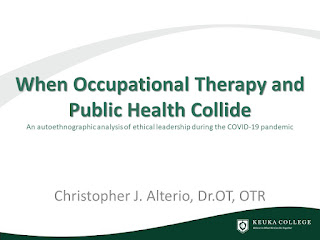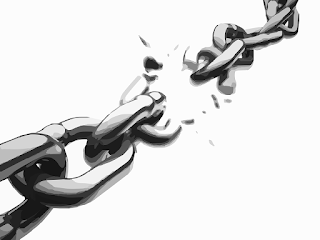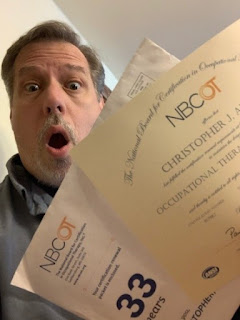Environmental sustainability and occupational therapy practice, revisited.

Please go here for my first thoughts on sustainability in occupational therapy around ten years ago . I received an email from a colleague who has been an advocate and published author on this topic asking me if I had the opportunity to revisit my thoughts on sustainability and occupational therapy. In fact I have continued to think about this, so I thought I would document my response here. Hi XXXXX- Thanks for reaching out. I have previously and still believe that the study of climate change itself should remain within the purview of climate scientists. It seems to me that when it is co-opted by distal groups (including occupational therapy) that the issue tends to be used to promote a political social justice agenda. I continue to object to that because I don't know that occupational therapy can advance climate science itself and I find that the proposed actions advance very specific political ideologies and constricts the intellectual diversity within the profession. ...










